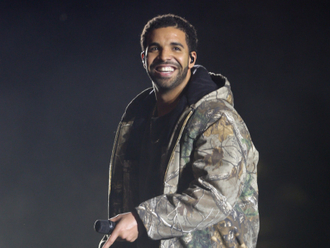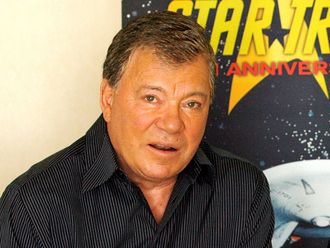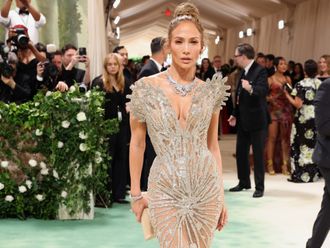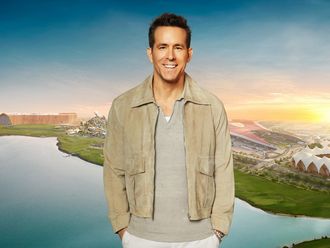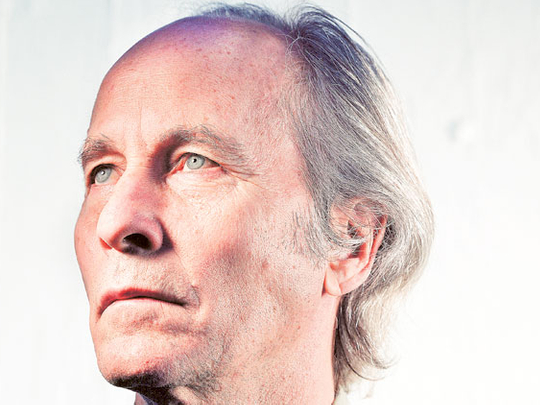
Your new novel, “Canada”, begins in a place called Great Falls, Montana, where you have set other stories, including the novel “Wildlife”. Is it a place you know well?
It’s what the poet Richard Hugo calls “a triggering town” for me. I went there first in 1984 and it changed my life. My wife, Kristina, was living in Missoula, which is farther west. And we started going pheasant hunting together on the plains. And the first time I saw Great Falls I thought: “Wow, you know, what a place…”
What was it that made it seem somewhere you could write about?
For one thing I liked the name “Great Falls” on the page. When I see it, it still makes my heart skip a little. It is a dramatic place. It’s on the frontier of the Rocky Mountains, it’s right where the Missouri River turns epically to the east. There is an enormous air force base there. It is one of those places where you could set just about any story and it would seem plausible.
It seems in this novel — and I would say this is true of a lot of your writing — the kind of place in which people should feel rooted, but rarely do.
Exactly right. And in that conception is drama for me. That is the archetype of America, really. “People who should feel rooted, but rarely do.” Europeans arrived here used to the securities of village life and they found themselves lured west on to this vast pampas.
Your book has great opening lines: “First I’ll tell about the robbery our parents committed. Then about the murders, which happened later.” Is that how it began?
Well, I started writing the book 20 years ago. I wrote 20 pages and then I set it aside. I am sort of a comer-backer, anyway. But I took this bag of notes and put it in the freezer compartment of my refrigerator. The story was already called “Canada” and I knew it was about a 16-year-old boy going across the Canadian border to Saskatchewan. I didn’t know why he was going there. I didn’t know why two parents would have abandoned him, but over those 20 years I would get a little idea about how a person would get in that situation, and write it down and add it to the envelope of notes in the freezer.
I know your father died of a heart attack when you were 16 and you have written elsewhere of boys suddenly having to grow up in that way. How consciously do you think you are trying to describe that event to yourself?
It’s not unreasonable to think that I am trying to do that. But it was an awful long time ago. It has been 52 years since my father died. I think I am drawn as much just to that pivotal point in anyone’s life, when they stop being a child.
The novel becomes, among other things, as the young protagonist’s experience gets ever more extreme, a sustained interrogation of the idea of “normal”. Do you think anyone has a normal life?
Well, I believe in the idea of “normal” in the way that I believe in the idea of logic. Or the idea of character. All of these ethical constructs are just that: constructs. We use them as a way of reassuring ourselves that what is going on around us is not completely haywire. They tell us a story that makes things bearable. Internal chaos does not suit us and we can’t cope with it for very long.
In the book, Canada becomes a sort of promised land, a refuge. There is a line characters cling to: “Canada was better than America and everyone knew that — except Americans.” Is that how it feels to you?
I never had much conceptual idea of Canada being better. But whenever I go there, I feel this fierce sense of American exigence just relent. America beats on you so hard the whole time. You are constantly being pummelled by other people’s rights and their sense of patriotism. So the American’s experience of going to Canada, or at least my experience, is that you throw all that clamour off. Which is a relief sometimes.
How does that sentiment go down among American readers?
I was in New Orleans at this book party full of local oligarchs, a charity group. I was trying to tell them why I called the book “Canada”, and I said this stuff about America beating on you and I saw a lot of unfriendly faces in the room. There is this very strong “If you are not for us, you are against us” feeling in America just now. Perhaps there always has been. You are not allowed to complain. Or even have a dialogue. But if a novel is there for anything I believe that is what it has to induce.
I was intrigued by something in your acknowledgements, a thank you to your doctor, Jeffrey Karnes, for solving “the novelist’s dilemma”. Can you explain?
Jeff is the guy I go to for check-ups every year. When I was trying to finish the book I was due to see him but I said: “Jeff, I don’t want to get everything checked out this time, because if you find something wrong I know I won’t finish my book.” And he just said that was fine, he understood.
From the vantage of 68, looking back, does your own life feel like a coherent narrative?
I like this age. Everything still works. I play squash twice a week. And I feel at peace with myself for the first time, in particular with my decision to be a writer. Writing never came naturally and I still have to force my hand to do it. But I have my wife’s approval. And I have a readership, still. And when I finished this book I had this thought I had never had before: maybe this wasn’t the worst thing you could have done, the worst life you could have chosen...
–Guardian News and Media Limited


